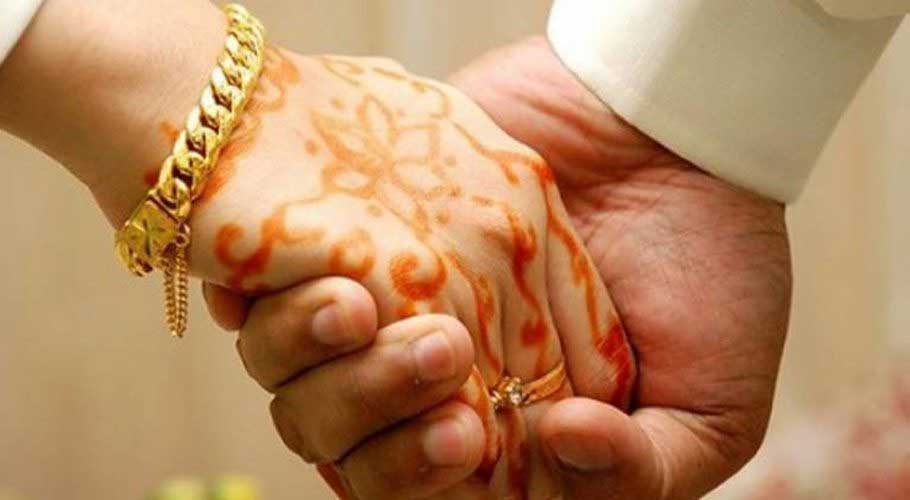Monitoring Desk
ISLAMABAD: A writ petition has been filed in the Federal Shariat Court’s Lahore Registry challenging Section 9 of the Muslim Family Law Ordinance, 1961, which requires a man to obtain the consent of his first wife before contracting a second marriage.
The petition argues that this requirement is in conflict with Shariah law and requests the court to declare it un-Islamic and unconstitutional.
The petition was submitted by Shahzad Adnan through advocates Ghulam Mujtaba Chaudhry and Muhammad Mudassar Chaudhry. The petitioner, a Muslim social worker, contends that Section 9 of the ordinance, which stipulates that a man cannot contract a second marriage without the prior written permission of the arbitration council, is repugnant to Shariah.
“The said section is in clear conflict with Shariah and must be declared un-Islamic and unconstitutional,” the petition argues.
Adnan cited the Holy Quran’s “Surah An-Nisa Verse 3,” which states, “then marry the women you like and who are lawful for you, two or three or four (but this sanction is conditional on justice)”. He contends that this verse allows a man to marry up to four women, provided he can treat them justly, without requiring the consent of the first wife.
The petition also references various Islamic texts, including Sunan Ibn Maja 1849 (book 9 Hadith 5), to support the argument that a man can marry additional wives without the mandatory consent of the first wife.
“The impugned legislation is against the injunctions of Islam and our moral values and, therefore, should be abrogated,” the counsels argued. They criticised parliamentarians for not considering the legislative practices of other Islamic countries or the writings of Muslim scholars when passing the ordinance.
The petition quotes Sheikh MS Al-Munajjid, a prominent Saudi Muslim lecturer and author, who has stated, “If a man is able to take a second wife, physically and financially, and he can treat both wives in a just manner, he is allowed to do so according to Islam.”
The petitioners argue that such restrictions are particularly problematic in a society where the number of females exceeds the number of males, potentially leading to extramarital affairs.
“The legislation under question should be declared un-Islamic and against Sharia laws,” the petitioners submitted.
They have requested the court to declare Section 9 of the Muslim Family Law Ordinance, 1961, repugnant to the injunctions of Islam as laid down in the Holy Quran and the Sunnah of the Prophet Muhammad (SAAW). They argue that it should not restrict a man from contracting a second marriage without the permission of the first wife or the Union Council.




